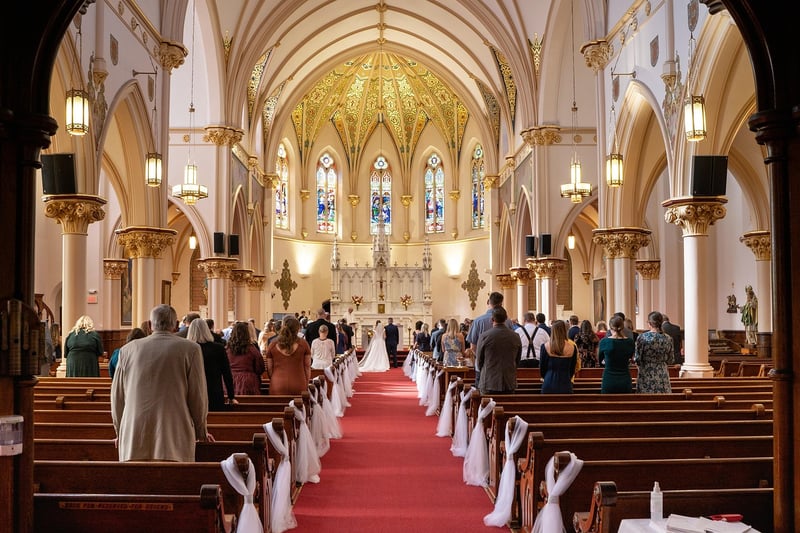Ceremony Regulations
Understanding Legal Procedures and Ceremony Regulations
Planning a wedding involves not only choosing the perfect venue and dress but also navigating the legal requirements and ceremony regulations. Understanding these aspects is crucial to ensure that your special day goes smoothly and is legally recognized. Here's a comprehensive guide to help you through the process:
Legal Procedures:
1. Marriage License: The first step towards getting married is obtaining a marriage license. This document is a legal requirement and must be obtained before the wedding day. Requirements for obtaining a marriage license vary by location, so be sure to check with your local government office.
2. Waiting Period: Some jurisdictions have a waiting period between obtaining the marriage license and the actual ceremony. Make sure to inquire about any waiting periods in your area to avoid any last-minute surprises.
3. Officiant: You'll need an officiant to solemnize your marriage. This person can be a religious leader, judge, or other authorized individual depending on your location. Ensure that your chosen officiant is legally allowed to perform weddings in your area.
Ceremony Regulations:
1. Location: When choosing a venue for your wedding ceremony, ensure that it complies with local regulations. Some areas have specific requirements for where weddings can take place, so make sure your chosen venue meets all necessary criteria.
2. Readings and Vows: If you plan to include readings or personalized vows in your ceremony, make sure they comply with any legal restrictions. Some locations have guidelines regarding the content of wedding ceremonies, so be sure to review these in advance.
3. Witnesses: Most jurisdictions require witnesses to be present during the ceremony and sign the marriage license afterwards. Make sure to check the specific requirements in your area and arrange for witnesses accordingly.
Conclusion:
By understanding the legal procedures and ceremony regulations associated with getting married, you can ensure that your wedding day is not only memorable but also legally binding. Be sure to research and comply with all requirements in your area to avoid any complications on your special day.

Remember, while planning your dream wedding is exciting, taking care of the legal aspects will provide you with peace of mind and allow you to focus on celebrating your love with family and friends.
For more information on marriage laws and regulations, consult your local government office or a legal professional.
